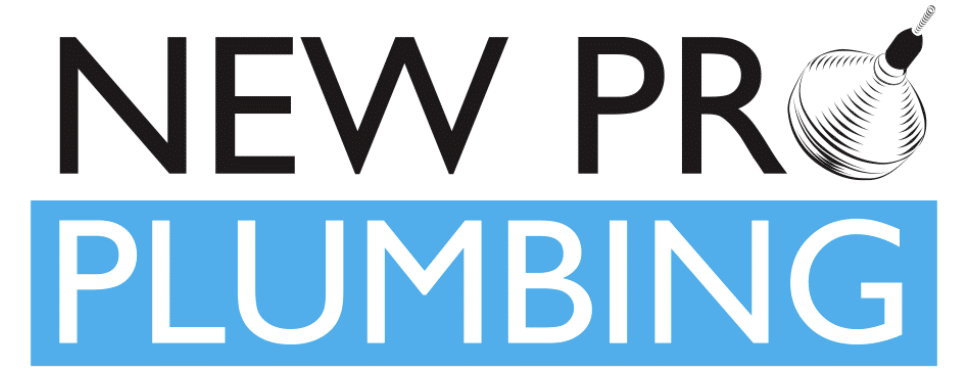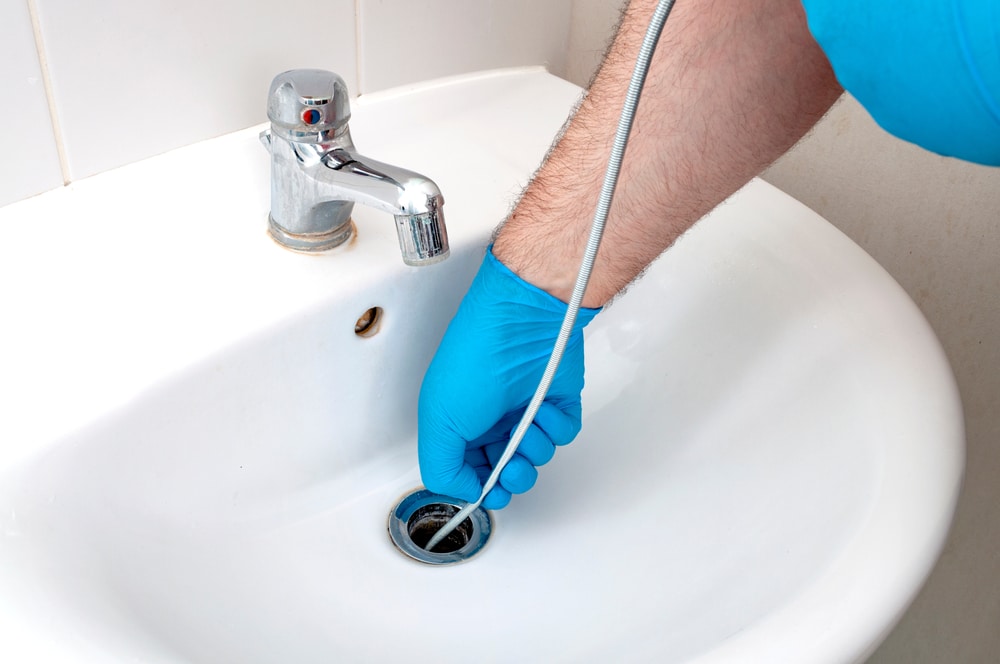Plumbing is an essential service that ensures the proper functioning of a building’s water supply and drainage system. Whether you’re a homeowner or a business owner in Los Angeles, you need to hire a licensed and insured plumber to get the job done. In this article, we’ll discuss the licensing and insurance requirements for plumbers in Los Angeles and what you need to know before hiring one.
Why Hire a Licensed and Insured Plumber?
Hiring a licensed and insured plumber gives you peace of mind that you’re working with a professional who has the necessary knowledge, training, and experience to do the job right. A licensed plumber has passed a rigorous exam that tests their knowledge of plumbing codes and regulations, while an insured plumber carries liability insurance that protects you from any damages that may occur during the job.
Licensing Requirements for Plumbers in Los Angeles
To become a licensed plumber in Los Angeles, you must meet the following requirements:
- Complete a plumbing apprenticeship program: The apprenticeship program must be approved by the State of California and consist of at least 8,000 hours of on-the-job training and 576 hours of classroom instruction.
- Pass a written exam: Once you’ve completed the apprenticeship program, you must pass a written exam that tests your knowledge of plumbing codes and regulations.
- Obtain a license: After passing the exam, you can apply for a plumbing license from the State of California. You’ll need to provide proof of your apprenticeship program completion, pass a background check, and pay a fee.
Insurance Requirements for Plumbers in Los Angeles
Plumbers in Los Angeles must carry liability insurance to protect themselves and their clients in case of any accidents or damages that may occur during the job. The minimum liability insurance coverage required by the State of California is $750,000 per occurrence.
How to Verify a Plumber’s License and Insurance
Before hiring a plumber in Los Angeles, it’s essential to verify their license and insurance. You can do so by:
- Checking the California Contractors State License Board (CSLB) website: The CSLB maintains a database of licensed contractors, including plumbers. You can search for a plumber’s license status on their website.
- Requesting proof of insurance: A licensed and insured plumber should have no problem providing you with proof of their liability insurance.
What to Look for in a Licensed and Insured Plumber
When hiring a licensed and insured plumber in Los Angeles, here are some things to consider:
- Experience: Look for a plumber with several years of experience in the industry.
- Reputation: Check online reviews and testimonials from previous clients.
- Pricing: Get quotes from several plumbers to compare prices.
- Warranty: Make sure the plumber offers a warranty on their work.
Conclusion
Hiring a licensed and insured plumber in Los Angeles is essential to ensure the safety and proper functioning of your building’s water supply and drainage system. By understanding the licensing and insurance requirements for plumbers in Los Angeles and what to look for in a licensed and insured plumber, you can make an informed decision and hire a professional who will get the job done right.
FAQs
- What is the difference between a licensed and unlicensed plumber?
- A licensed plumber has met the requirements set by the State of California to practice plumbing, while an unlicensed plumber has not.
- Why is liability insurance important for plumbers?
- Liability insurance protects the plumber and their clients from damages that may occur during the job.
- Can I hire an out-of-state plumber in Los Angeles?
- Out-of-state plumbers can work in Los Angeles as long as they have a valid plumbing license from
- their home state and obtain a permit from the City of Los Angeles. 4. What should I do if I suspect a plumber is unlicensed?
- You can report the plumber to the California Contractors State License Board (CSLB).
- Can I do plumbing work myself instead of hiring a licensed plumber?
- It’s not recommended to do plumbing work yourself unless you have the necessary knowledge, training, and experience. Improper plumbing work can lead to costly damages and safety hazards.

















